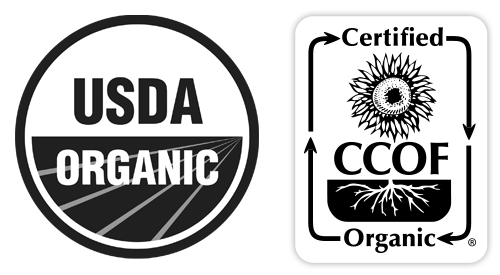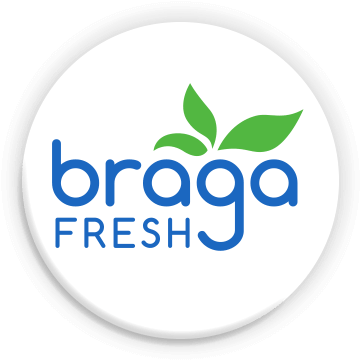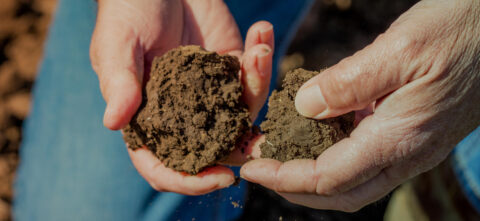
Growing Organic for over 30 years
Through a mix of innovation with tradition, Braga Fresh has a reliable, year-round organic farming program. We embrace new technology, all while understanding the fundamentals of organic farming instilled in the family business, since 1928. We farm following the strict standards of the CCOF and USDA Certified Organic. Collectively, we find our organic farming practices help mitigate climate change for our future generations. Below outlines our organic farming priorities that we continuously strive to improve.

Organic Farming
“It’s a great responsibility taking care of the land.” – Rod Braga, CEO
Our Nonnie Josie’s Promise: deliciously organic produce
With over 20 years of expanding our certified organic program and meeting the highest food safety standards, Braga Fresh brings expertise, authenticity, and standard of integrity to the retail market through the Josie’s Organics brand. All of which are CCOF certified.
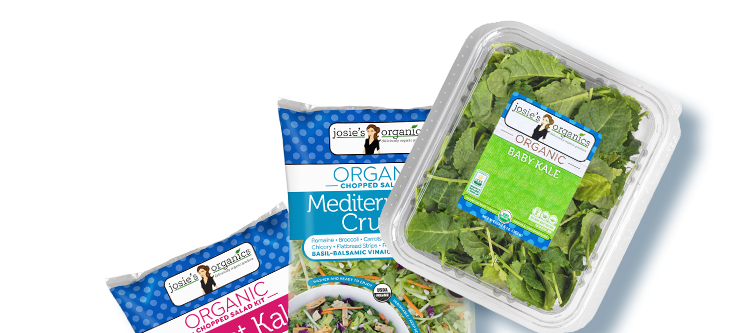
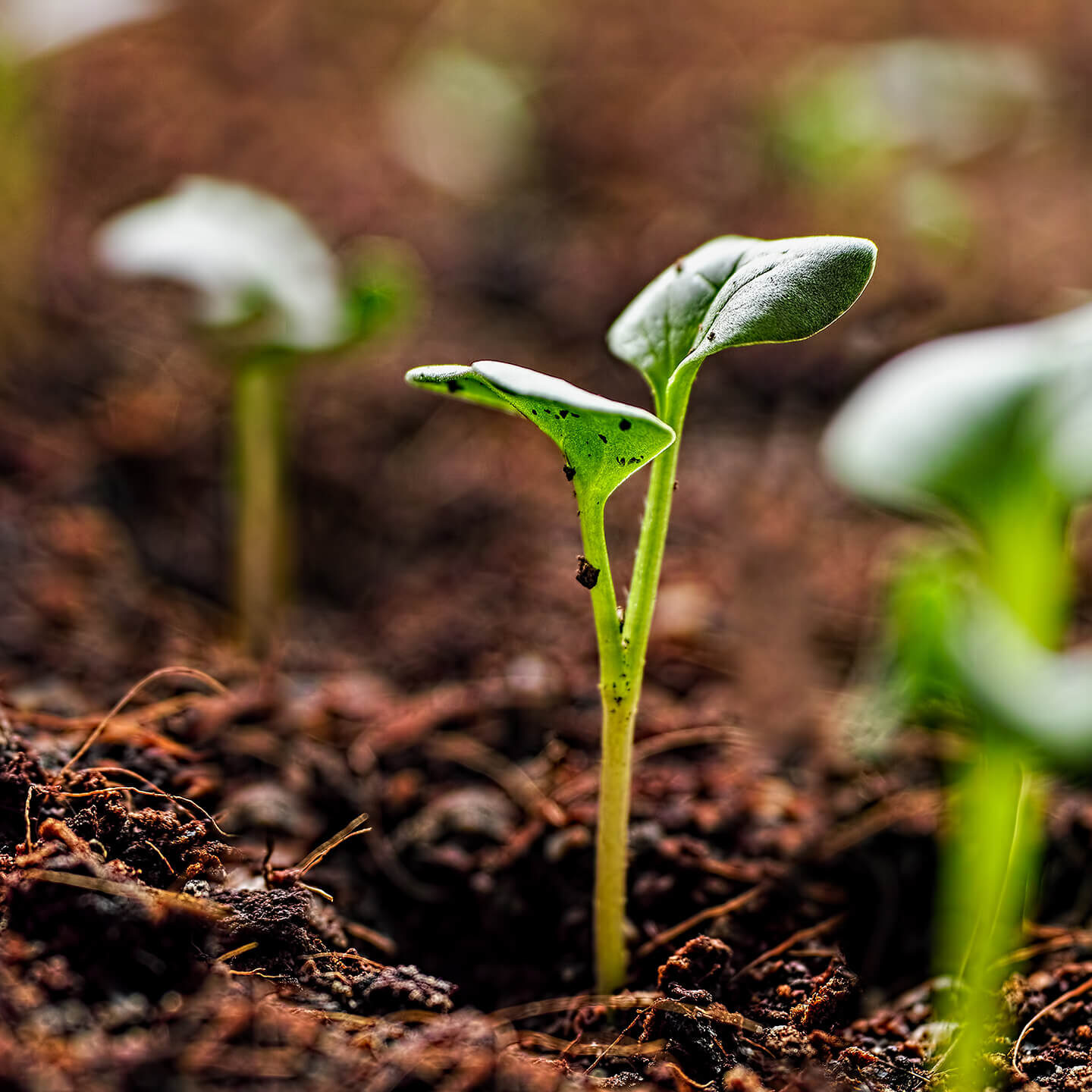
organic farming practices
Practices and inputs are the difference, Organic Inputs are all approved and monitored. Organic agriculture combines tradition, innovation, and science to benefit the shared environment and promote fair relationships and good quality of life for all involved.

cover crops
Cover crops are generally planted in the fall and are grown over our wet season where soil erosion is common. Cover crops are also grown on ground with less slope to capture residual soil nutrition elements and hold the nutrients as new plants. Cover crops capture atmospheric CO2 reducing the effects of climate change. Our cover crops capture residual soil nutrients and hold them as newly growing plants until we terminate the cover crop and make the nutrients available to the next crop. Cover crops capture atmospheric CO2 and turn it into plant tissues that we incorporate to the soil.
crop rotation
We never grow the same crop back-to-back in the same field. This keeps our insect and disease pressure low, enabling us to get our crops to market with the minimal amount of inputs needed. We rotate to broccoli when soil diseases appears, because broccoli has highly effective natural fumigation properties that reduce soil disease levels.

soil health management
We reduce tillage, add compost, and grow cover crops to sequester and hold atmospheric carbon in our farm soils. We measure and calculate soil carbon levels yearly to gauge our effectiveness in combating climate change.

water management
Grassed waterways, drip irrigation, flow meters, and irrigation scheduling are elements that we use to apply to protect our environment from excess farm water leaving the ranch and contaminating ground and surface waters.

IPM
IPM uses safe and effective strategies to control vegetable pests while minimizing harm to people and the environment. Practices may include, traps, insect counts, beneficial insect releases, beneficial habitat establishment, and thresholds for treatment.

ag technology
Moisture sensing technologies for irrigation, flow meters, drones, robotic weeders, database development, field data capture, weather stations, crop manage database, air blast sprayers.
